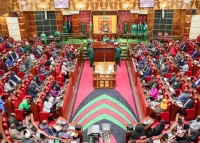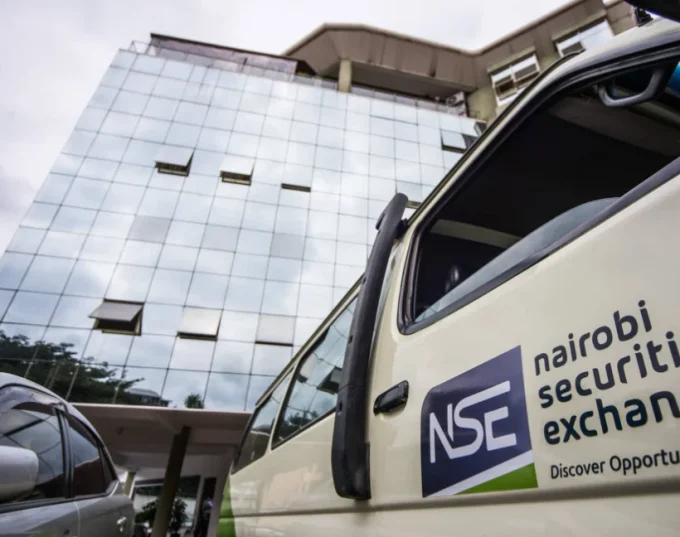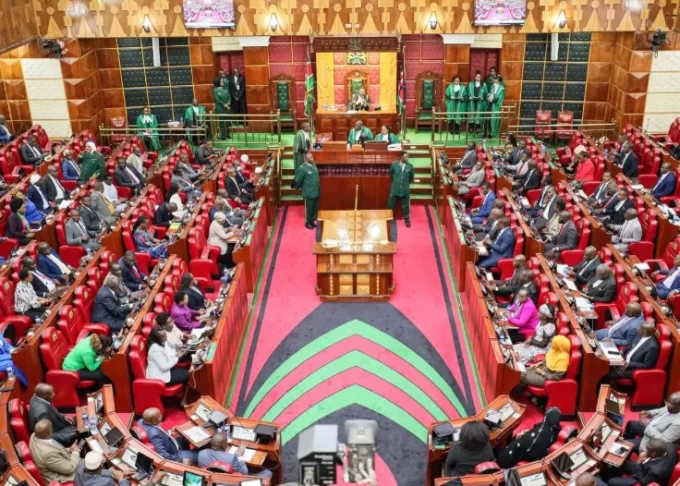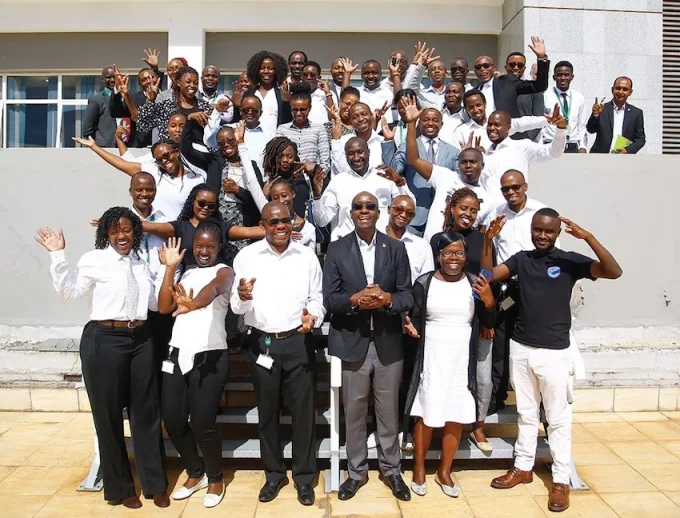Safaricom is opposed to the proposed tax measures in the budget announced last week by Finance Cabinet Secretary Henry Rotich to increase excise duty on mobile phone cash transfers to 12%.
The biggest mobile phone operator in the country says the proposed tax increase will discourage the drive towards modern payment systems and will most likely impact on the poor.
Safaricom chief finance officer (CFO) Sateesh Kamath told Reuters on Monday that hiking duty on mobile phone payments would slow down Kenya’s progress towards a cash-light economy which the government has been encouraging in a bid to improve security and reduce the risk of fraud.
“Increased excise duty on mobile money transfers will negatively impact mobile led transfer services and payments and slow down the government’s drive towards a cash-light economy,” Kamath said.
The Safaricom CFO added that the move would affect many who do not have bank accounts and mostly rely on mobile transfer services such as M-Pesa. “It would be unfortunate to reverse the gains we have made through mobile led financial inclusion in the past few years.”
OBITUARY: JOURNALIST WHO TURNED POLITICIAN
CS Rotich justified the proposed tax increase from the current 10 percent by saying the move will raise an extra Ksh27.5 billion in government revenue. Included with a new “Robin Hood” tax of 0.05 percent on bank transfers of over Ksh500,000, the Finance CS said the monies would be used to finance free healthcare.
Parliament is yet to debate and consider adopting the new measures proposed in last week’s budget.
The proposed tax increase on mobile money transfers is set to hit the more than 28million users of the mobile payment service in Kenya. According to the Communications Authority of Kenya (CA), M-Pesa accounts for 81 percent of the market. The model of Safaricom’s pioneer innovation in mobile electronic money transfer since 2007 has been copied by fellow telecommunications companies both locally and regionally.
READ ALSO: M-PESA USERS TO GET HOUSES AND SH300 MILLION
The service is popular with entrepreneurial start-ups and small and medium size businesses, as well as the informal sector for its ease and convenience of money transfer. Mobile money transfers also account for fundraising activities, payment of services and the transfer of money for goodwill and charitable purposes.













Leave a comment